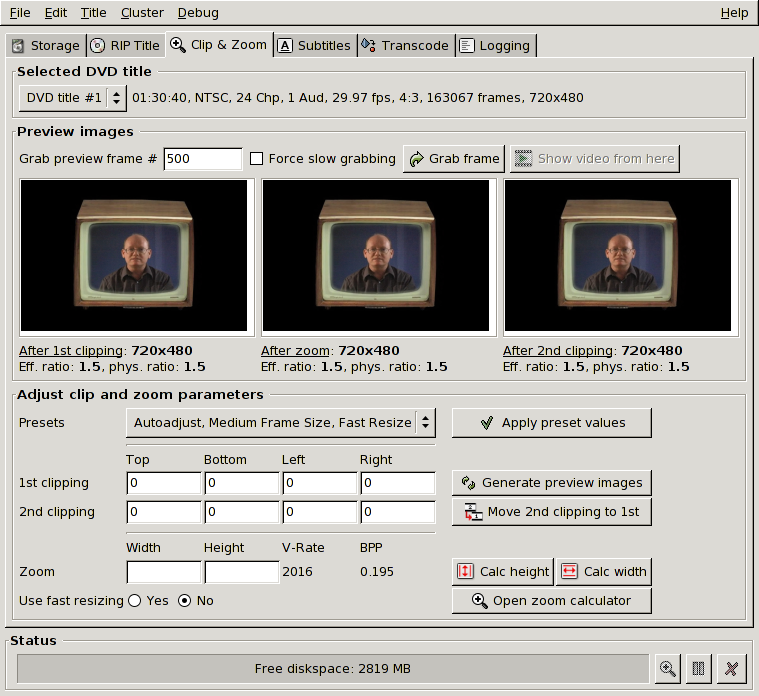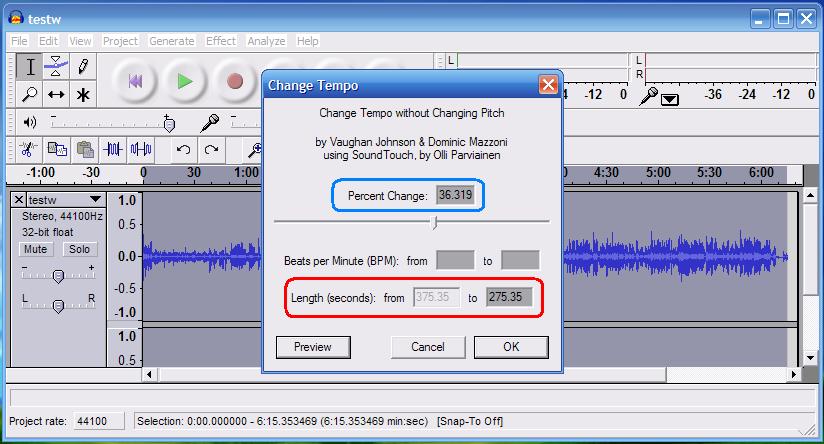


'method': a copy of the 3rd input indicating the encoding method

'byte': the number of bytes per element in the input array 'size': the dimensions of the input array Info: (optional) a struct storing additional info regarding the input data, may have Output: a uint8 row vector, storing the compressed or decompressed data 'base64': encode or decode use base64 format 'zlib': zlib/zip based data compression (default) Method: (optional) compression method, currently, zmat supports the below methods Input using the info stored in the info structure. Zmat) during encoding, zmat will perform aĭecoding/decompression operation and recover the original If one defines iscompress as the info struct (2nd output of Iscompress: (optional) if iscompress is 1, zmat compresses/encodes the input, Input: a char, non-complex numeric or logical vector or array
#LZIP VS XZ PORTABLE#
=zmat(input, iscompress, method)Ī portable data compression/decompression toolbox for MATLAB/GNU Octave The help info of the function is shown below ZMat provides a single mex function, x* - for both compressing/encoding or decompresing/decoding data streams. For Octave, the file you need to edit is ~/.octaverc, where "~" is your home directory. MATLAB will execute this file every time it starts. If you use MATLAB in a shared environment such as a Linux server, the best way to add path is to typeĪnd type addpath('/path/to/zmax') in this file, save and quit the editor. Then, run "rehash" in MATLAB, and type "which zmat", if you see an output, that means ZMax is installed for MATLAB/Octave. If you want to add this path permanently, you need to type "pathtool", browse to the zmat root folder and add to the list, then click "Save". You only need to download/unzip the package to a folder, and add the folder's path (that contains zmat.m and the "private" folder) to MATLAB's path list by using the following command: The installation of ZMat is no different from any other simple MATLAB toolboxes. Those precompiled for GNU Octave are stored in the subfolder named "octave", with one operating system per subfolder. The pre-compiled mex binaries for MATLAB are stored inside the subfolder named "private". If one calls zmat with both the encoded data (in byte vector) and the "info" structure, zmat will first decode the binary data and then restore the original input's type and size. A multi-dimensional numerical array is accepted, and the original input's type/dimension info is stored in the 2nd output "info". Any other input format will result in an error unless you typecast the input into `int8/uint8` format. ZMat accepts 3 types of inputs: char-based strings, numerical arrays or vectors, or logical arrays/vectors. It is fast and compact, can process a large array within a fraction of a second.Īmong the 6 supported compression methods, lz4 is the fastest for compression/decompression lzma is the slowest but has the highest compression ratio zlib/gzip have the best balance between speed and compression time. ZMat is a portable mex function to enable zlib/gzip/lzma/lzip/lz4/lz4hc based data compression/decompression and base64 encoding/decoding support in MATLAB and GNU Octave. ZMAT: A portable data compression/decompression toolbox for MATLAB/Octave


 0 kommentar(er)
0 kommentar(er)
